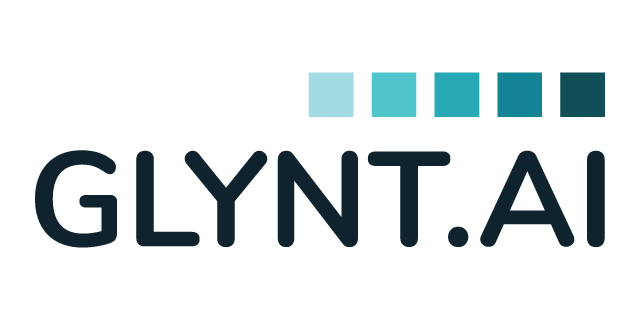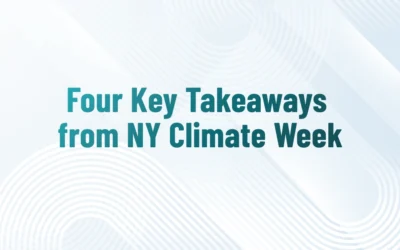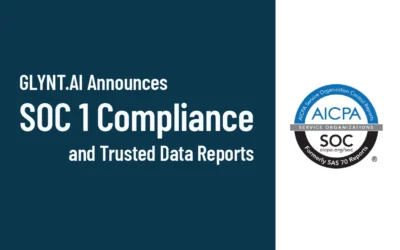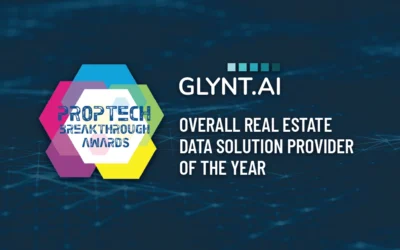To: The Securities and Exchange Commission
Re: Proposed Climate Disclosure Regulations
From: Martha Amram, Ph.D., CEO, GLYNT.AI, Inc.
Date: June 16, 2022
GLYNT.AI, Inc. is a software company that helps businesses produce energy data and emissions data from primary data sources, such as utility bills, energy invoices, business invoices, IoT sensors, other data APIs and so on. We have been business for more than 10 years and our comments are based on hundreds of conversations and engagements with businesses large and small.
1
We find that the financial markets are ahead of the Securities and Exchange Commission (SEC) in that investors are already demanding emissions data and climate disclosures, because their employees and customers are demanding it from them.
Employees are expensive to hire and retain. When two-thirds of employees surveyed say they want to work for a company that aligns with their values, climate disclosure data matters. (See the recent surveys by EY and PwC).
Customers are expensive to acquire. When one-third of consumers say they make brand choices based on green attributes and 25% say they will not go back to specific brands because of this concern, climate disclosures matter. (See the recent surveys by the Shelton Group).
Investors witness this push by stakeholders for emissions and climate reporting and know that non-reporting companies will have higher operating expenses (through employee attrition) and lower revenue growth (through loss of customers). At the same time, investors are finding that sorting through bespoke, hand-crafted, and undocumented emissions data currently reported by companies is quite time consuming and expensive.
In sum, the proposed SEC rules will help to standardize disclosures, and thus reduce costs for all. Companies like GLYNT will be able to automate SOX-compliant emissions data that is ready to be reported to the SEC. Evidence from the cost compliance history for SOX regulation shows that companies that automated compliance early on experienced significant savings year after year, and were better able to adapt to changing conditions. (See the research by Protiviti).
2
In a voluntary reporting market, companies that don’t report their emission data or emissions reduction plans will be punished by a class of investors, and these companies will see their valuations fall as the investors leave their stocks.
Bloomberg estimates that nearly half of financial assets will be reporting their emissions data by 2025 as part of net zero pledges. With market-wide enforcement, the SEC regulations level the playing field. With a voluntary standard, there will be a continual erosion of value away from non-reporters.
While one could argue that this is a choice for every board of directors to make, state level regulations are emerging that attempt to remove choice from the board.
Today every state has its own set of electricity regulators, leading to a patchwork of data access. This has raised the cost of getting aggregated utility data significantly, and is one of the reasons this sector has not experienced the same innovation seen in other more liquid data markets, such as healthcare and financial services. While each of those markets have had data frustrations, we do have a consumer fintech sector and we do have a personal health software market. In electricity, however, there are a just a few providers (such as GLYNT) who make utility data available in a single format across all states and utilities, and the data frictions at the state level has, no doubt, slowed innovation.
Hence the single standard, as proposed by the SEC, removes state-level constraints which increases costs, slows innovation, and could impact valuations.
3
GLYNT.AI prepares Scope 1 and 2 data for small, medium, and large companies. Our data and experience show that emissions data preparation software like GLYNT can reduce reporting costs by more than 70% from today’s hand-crafted, spreadsheet-driven manual processes. Under the proposed regulations, the standards are clear, and software can automate the mundane tasks and assure investors that the data is rigorously captured, prepared, and reported. Automation pays off for all.
4
As the planet faces an uncertain climate change future, rigorous climate disclosures provide the operational insights to mitigate risk. For example, through the climate scenario stress tests, a business might find that its warehouse is in a flood plain. While in the past the flood risk was 1 in 2000 years, with climate change the flood risk might increase to 1 in 25 years. This can impact production, distribution, and the supply chain, translating into higher operating costs and lower revenues.
But, with climate disclosure standards, the previously unknown risk is identified, and action can be taken. The codification of both physical and transition risk in the proposed disclosures brings innovative companies like GLYNT to the fore, and businesses will be able to quantify their risk from local electric grid failures, floods of local sewage treatment plants, flood contamination of the local water supply and more.
In sum, we see standardization of disclosures increasing innovations that deliver increased value back to businesses so that they can better manage and mitigate climate change risk.
5
There is a global market for products, employees, and carbon. We are constantly surprised how even the smallest of our customers have manufacturing and distribution sites around the world. In the competitive global market, standardized climate disclosures, such as those proposed by the SEC, make US companies more competitive as they are simply another element of the modern digital automation strategy, the same strategy that is quantifying the costs and impacts of operations everywhere.
Without US-led regulations and standardization, US companies will fall under regulations set by foreign countries and be faced with unknown compliance costs and requirements. With US regulations, the company could report out to US standards everywhere. In a competitive global market, US regulators can benefit US companies by setting a reasonable standard. No standard raises costs and uncertainty.
In conclusion, from our experience in providing emissions data to businesses, and our experience in speaking with 100s of companies around the globe, we find that the proposed climate disclosures are not burdensome. Instead, they serve as way to simplify reporting, reduce costs, and reduce uncertainty. Top management teams everywhere welcome that outcome.

Martha Amram, Ph.D.
CEO
GLYNT.AI, Inc.
Get In Touch with Us
